Obesity is caused by a complex set of personal, social, and environmental factors. It can come with several associated health consequences, all of which can have a huge impact on the individual, as well as the people around them. Being overweight or obese can bring physical, social, emotional, and psychosocial problems, which can lead to the onset of preventable long-term illness, stigma, discrimination, increased risk of hospitalisation and reduced life expectancy.
Yet, some healthcare professionals are not comfortable discussing weight with patients, while others may doubt the efficacy of such available weight loss services, meaning some patients might be missing out. In the UK 28.7% of adults in England are obese and a further 35.6% are overweight, which in turn will have a huge impact on the costs attributed to society where weight plays either a primary or secondary part.
Low referral rates can be partially explained by the reluctance of GPs to raise the issue of weight with their patients and a lack of confidence in the effectiveness of these programmes. But even when GPs are willing, there are limited services available to refer patients to. There are about 80 registered private slimming clinics run by doctors in England, part of a diet industry worth a total of £2billion, yet coverage of weight management services across the UK is still patchy and the quality of the services is variable.
Yet despite this, community weight management clinics can play a huge advantage to the public health issue by offering these services because of the ease of access, quality of service and convenience. Perhaps more importantly, community clinics can make a real difference around public health services such as weight management because they have a strong foundation in medicinal as well as non-pharmacological expertise.
Alongside this, weight management clinics can also be used to identify groups of people either at risk of becoming obese or at special risk from being obese. This includes people on low incomes who may have poor diets high in fat and energy, elderly people with arthritis who can maintain mobility more easily if they maintain a healthy weight, and Asian people, who are statistically at particular risk of diabetes and cardiovascular disease.
Therefore, a weight management service can also be used to identify other risk factors and lead on to additional consultations. As its been found that 40% of deaths from cancer and 80% of death from type 2 diabetes, heart disease and stroke could be prevented by regular exercise, following a healthy diet and quitting smoking. As the outcomes of your assessment will demonstrate an in-depth health check, it will then offer you a management strategy that may include:
- Input on a healthy diet and regular exercise
- Medication aimed at preventing the onset of chronic disease
- Preventative measures to stop smoking
Remember, a weight management consultation is not just for weight loss, it can assist with any other areas as and when required giving a variety of options to include as part of your services.
Written by Karrie Wallace (ECG, Public Health Lead & Clinical Trainer), Wednesday 24th June 2020
You can follow ECG Training at: https://twitter.com/ECG_MK












